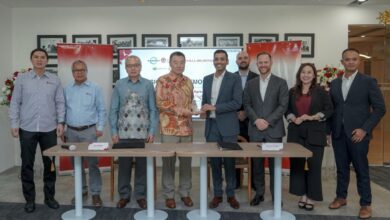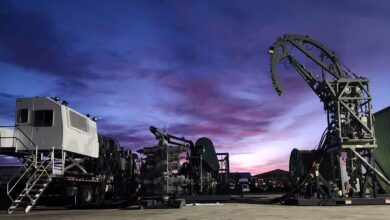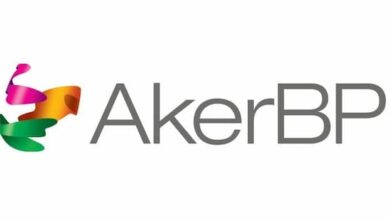ADNOC’s Al Dhafra Petroleum JV celebrates first oil production from Haliba field
Al Dhafra Petroleum, a joint venture among the Abu Dhabi National Oil Company (ADNOC), the Korea National Oil Company (KNOC) and GS Energy, has begun producing crude oil from Abu Dhabi’s Haliba field and discovered potential resources in three new fields in its concession area. The success of Haliba reinforces the UAE’s and South Korea’s strategic bilateral relations and reflects the importance ADNOC places on its long-term partnership with South Korea’s energy sector.
The Haliba field, located along the southeast border of Abu Dhabi emirate, is a building block of ADNOC’s oil production capacity growth to 4 million bbl/day by the end of 2020. ADNOC said the initial production from the field would progressively increase to 40,000 bbl/day by the end of 2019 as Al Dhafra Petroleum further unlocks the substantial potential of the field.
Al Dhafra Petroleum embarked on an extensive appraisal program in Haliba field that enabled it to discover 1.1 billion bbl of original oil in place, a significant increase from the 180 million initially estimated. At the same time, it discovered potential resources in three new fields – Al Humrah, Bu Tasah and Bu Nikhelah – following intensive exploration programs.
This is the first time Al Dhafra Petroleum is producing crude since it was established in 2014 and, to commemorate the milestone, a ceremony was held at ADNOC headquarters, where His Excellency Dr Sultan Ahmed Al Jaber, UAE Minister of State and ADNOC Group CEO, hosted a government delegation from South Korea led by His Excellency Ilpyo Hong, Chairman of the Trade, Industry, Energy, SMEs, and Start-Ups Committee of the National Assembly of South Korea; and included His Excellency Youngjoon Joo, South Korea’s Deputy Minister of Trade, Industry and Energy; Suyeong Yang, President and CEO of KNOC; Yongsoo Huh, President and CEO of GS Energy; members of South Korea’s National Assembly; and government officials from South Korea.
“The start of production from Haliba field highlights the important role of energy cooperation in strengthening the close and deep-rooted strategic relationship between the UAE and South Korea,” H.E. Dr Al Jaber said. “ADNOC has a successful history of partnership with South Korea’s energy sector, and we continue to place great importance on this strategic partnership as we accelerate delivery of our 2030 smart growth strategy.”
“First oil from Haliba demonstrates our ambition to unlock and maximize value from all of Abu Dhabi’s oil and gas resources to create long-term and sustainable returns for the UAE and our partners as we respond to the world’s growing demand for energy,” H.E. Dr Al Jaber continued. “ADNOC is committed to delivering a more profitable upstream business and expanding our oil production capacity, and the production from Haliba field is an integral part of achieving our targets.”
Al Dhafra Petroleum plans to accelerate oil production from these fields by utilizing modularized production units that provide swift and innovative production capability and will transport the oil for processing using trucks. This efficient approach can unlock immediate value by reducing the oil’s “discovery-to-market” cycle to less than two years, increasing profitability and shareholder value.
“Given the utmost importance of securing a stable oil supply source to Korea, successful first oil production in Haliba field is a very meaningful event,” H.E. Ilpyo Hong said, adding that the announcement will strengthen the South Korea-UAE strategic bilateral relationship as the two countries’ mutual interests expand over the long term.
ADNOC said Haliba field will serve as the main production hub in Al Dhafra Petroleum’s concession area and enable it to unlock value from other nearby prospects. Al Dhafra Petroleum continues to explore an additional 70 prospects in its concession area.
Al Dhafra Petroleum utilizes smart oilfield innovation at Haliba field to reduce operating costs while maximizing value from the development of other nearby marginal fields. Operational data is integrated into a centralized system that allows for remote monitoring of the site and provides unmanned facilities capability.
To optimize ADNOC’s infrastructure, the crude oil produced from the Haliba field is transported to ADNOC Onshore’s Asab Central Degassing Station for processing. After processing, the stabilized crude is then transported via ADNOC Onshore’s existing main oil lines to the marine export terminals for export.
Al Dhafra Petroleum – 60% owned by ADNOC and 40% by KNOC and GS Energy, which is represented by the Korean Abu Dhabi Oil Consortium (KADOC) – is focused on exploring and developing its concession areas to assess the commercial value of several promising fields through an agile operating model.




